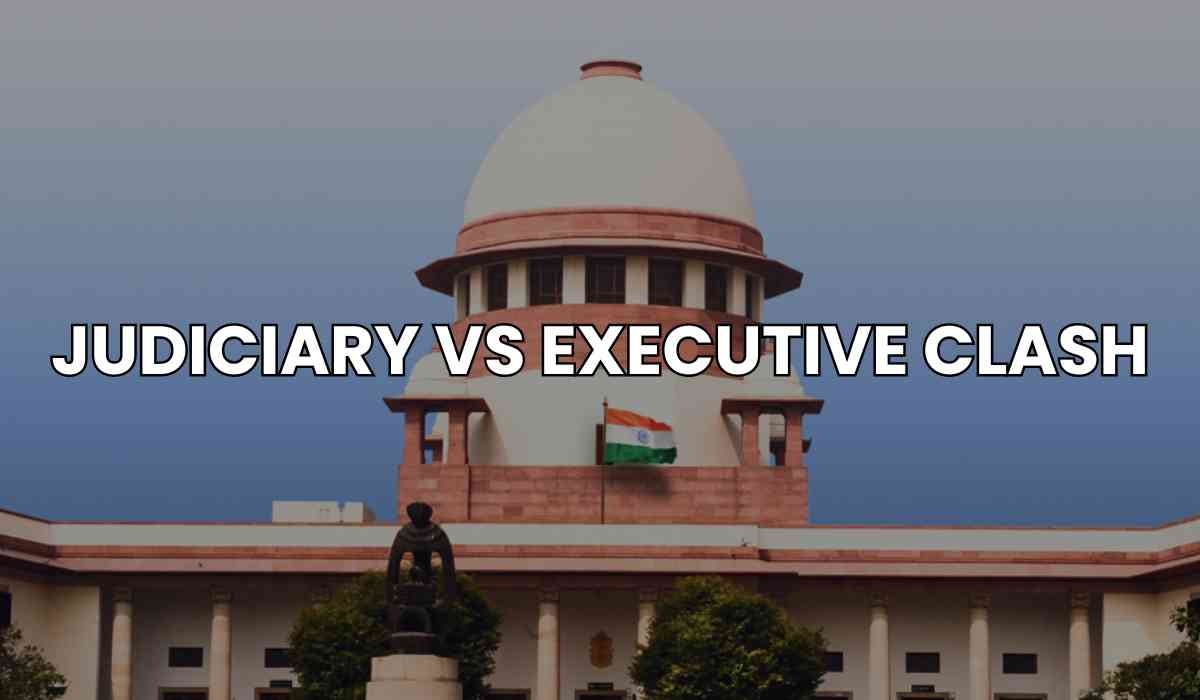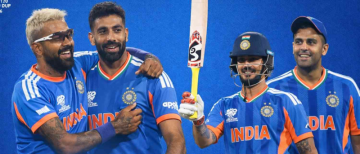In recent weeks, a legal and political storm has erupted in India, centered on a landmark Supreme Court ruling that set time-bound guidelines for Governors and the President to act on state Bills. The ruling has led to an outpouring of criticism from some BJP leaders, including MPs and even the Vice President, sparking intense national debate on the balance of power between the judiciary, legislature, and executive.
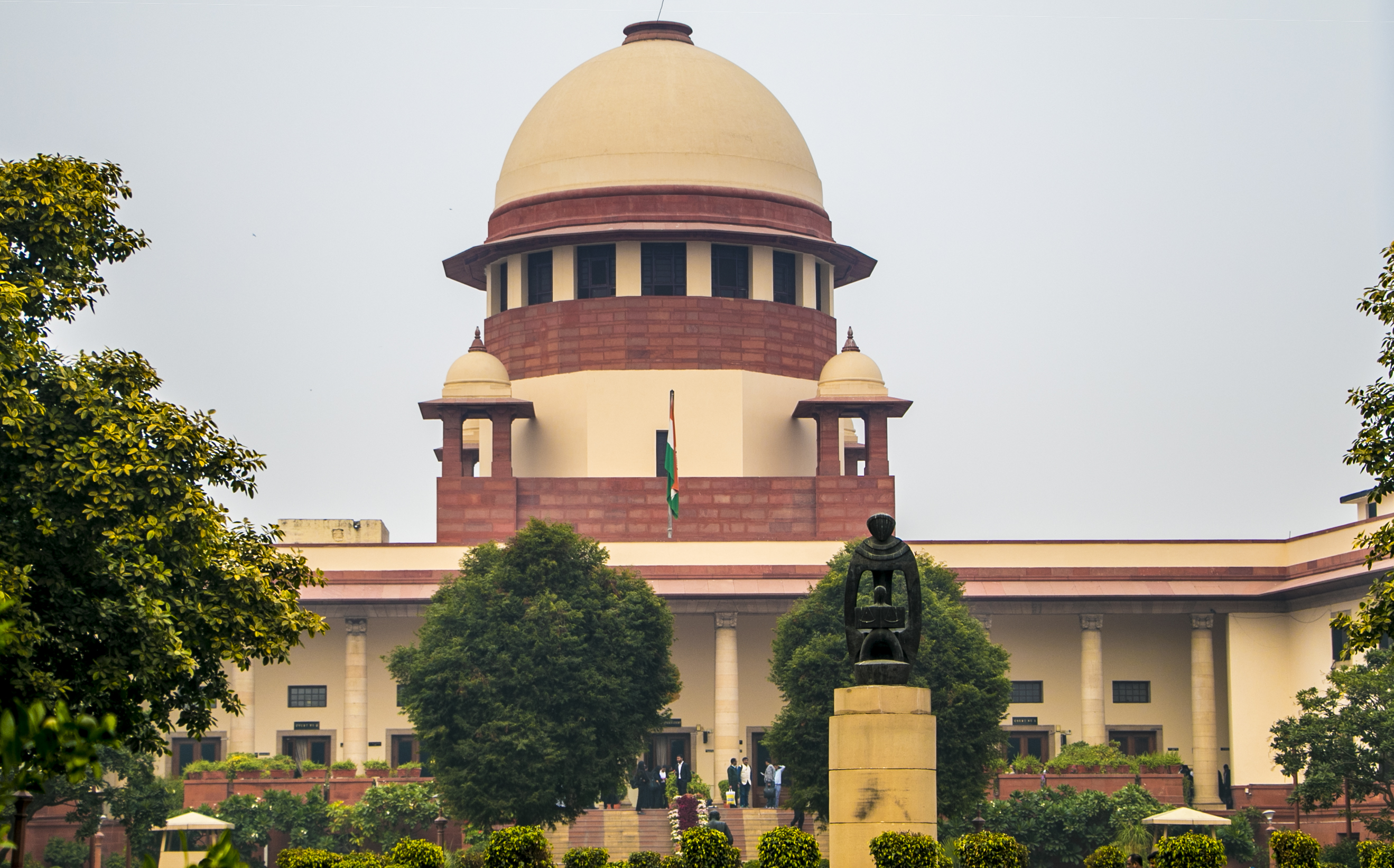
The Verdict That Sparked It All: Tamil Nadu vs Governor
On April 8, a bench of Justice JB Pardiwala and Justice R Mahadevan delivered a landmark ruling on a petition filed by the Tamil Nadu government. The state challenged the Governor’s prolonged withholding of assent to ten state Bills, some pending for over five years. The Supreme Court declared the delay "illegal" and "arbitrary."
Key Highlights of the Verdict
-
The President and Governors must act within three months on Bills passed a second time by the legislature.
-
The executive must not assume the role of constitutional courts in determining the legality of legislation.
-
Constitutional questions in a Bill should ideally be referred to the Supreme Court under Article 143.
-
An opinion rendered by the Supreme Court under Article 143 holds "high persuasive value" and "should ordinarily be accepted" by the legislature and executive.
"The hands of the executive are tied when engaging with purely legal issues in a Bill," the court ruled.
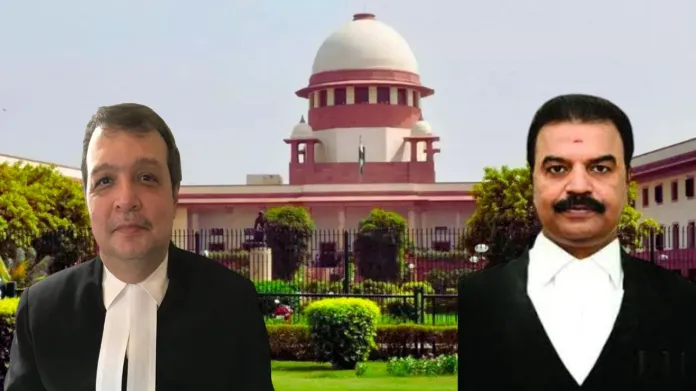
BJP Leaders' Reactions: Outrage and Accusations of Overreach
Several BJP leaders lashed out against the judgment, accusing the judiciary of overstepping its boundaries.
Nishikant Dubey’s Controversial Remarks
BJP MP Nishikant Dubey delivered a scathing critique, arguing that the Supreme Court is overreaching:
"The top court has only one aim: 'Show me the face, and I will show you the law'. The Supreme Court is going beyond its limits."
"If one has to go to the Supreme Court for everything, then Parliament and State Assembly should be shut."
He also criticized the court for past rulings, such as the decriminalization of homosexuality under Section 377, and accused it of inciting religious conflicts:
"When the Ram Mandir, Krishna Janmabhoomi, or Gyanvapi issue arises, you say, 'Show us the paper'. But for mosques built after the Mughals came, you are saying how will you show papers?"
He concluded:
"The Supreme Court is responsible for inciting religious wars in this country. It is crossing its limits."
Dinesh Sharma: "President Is Supreme"
Echoing Dubey, BJP leader Dinesh Sharma said:
"No one can challenge the President, as the President is supreme."
"According to the Constitution of India, no one can direct the Lok Sabha and Rajya Sabha."
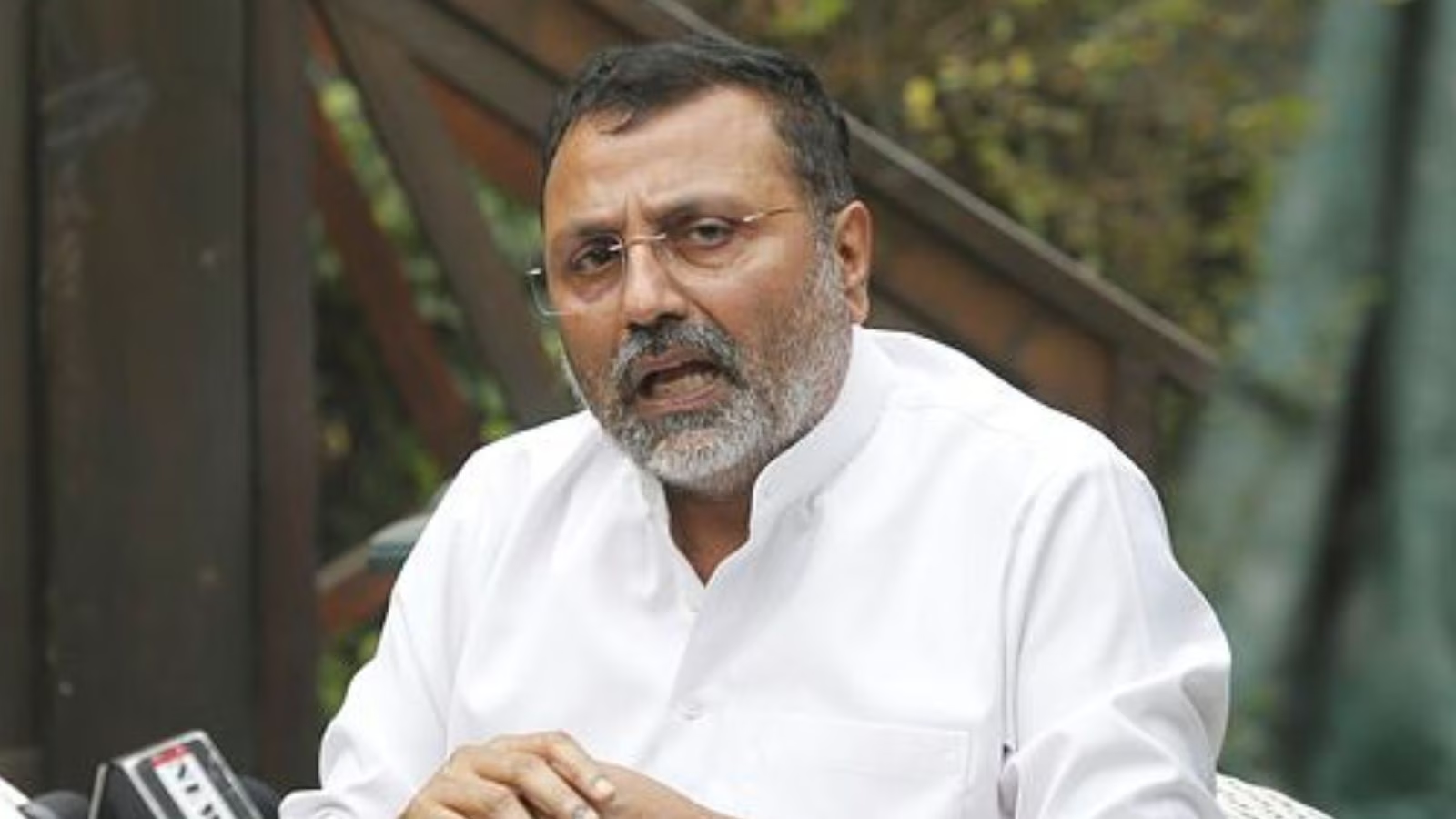
BJP Tries to Contain the Damage
As the backlash grew, the BJP distanced itself from the MPs' statements.
JP Nadda's Clarification
BJP President JP Nadda took to social media to assert:
"The Bharatiya Janata Party has nothing to do with the statements made by BJP MPs Nishikant Dubey and Dinesh Sharma on the judiciary and the Chief Justice of the country."
"These are their personal statements. The BJP completely rejects these statements."
He emphasized the party’s respect for the judiciary:
"Bharatiya Janata Party has always respected the judiciary and gladly accepted its orders and suggestions."
"I have instructed both of them and everyone else not to make such statements."
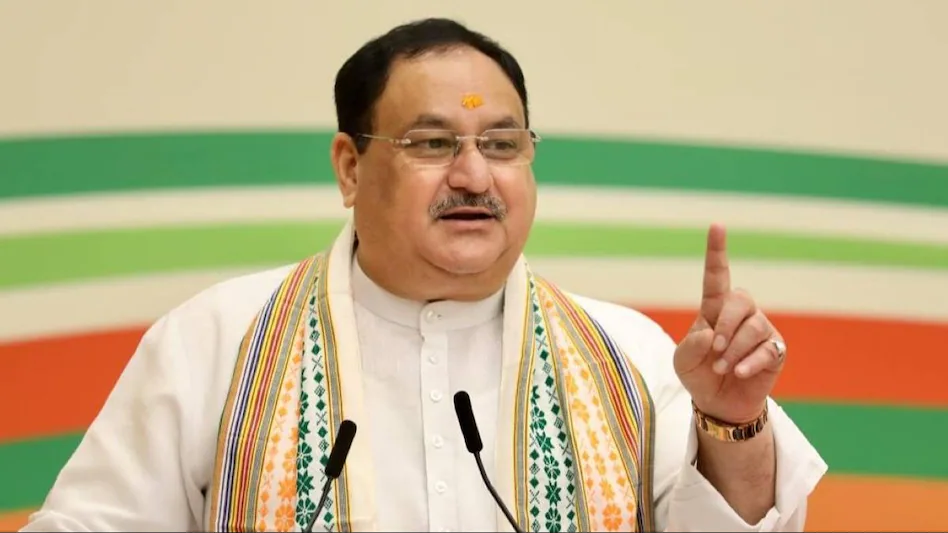
Opposition Slams BJP: "Stop Threatening Courts"
Asaduddin Owaisi’s Fierce Rebuttal
AIMIM Chief Asaduddin Owaisi hit back with scathing remarks:
"You are tubelights... You are threatening the courts? Article 142 was brought by BR Ambedkar. Ambedkar was more far-sighted than you."
"Modi ji, if you do not stop these people who are threatening, the country will weaken and the country won't forgive."
Jairam Ramesh: "You Want to Weaken the Supreme Court"
Senior Congress leader Jairam Ramesh criticized the ruling party:
"Constitutional functionaries, ministers, BJP MPs are speaking against the Supreme Court."
"The Supreme Court is being targeted because in many issues, like electoral bonds, it has said that what has been done by the government is unconstitutional."
Vice President Dhankhar Joins the Chorus
Vice President Jagdeep Dhankhar added fuel to the fire, raising serious questions about the court’s powers:
"There is a directive to the President by a recent judgment. Where are we heading? We never bargained for democracy for this day."
"Article 142 has become a nuclear missile against democratic forces, available to judiciary 24 x 7."
Supreme Court Reacts to Criticism
Justice BR Gavai, poised to become the next Chief Justice, acknowledged the criticism in open court.
"As it is, we are facing allegations of encroaching into executive (domain). Please."
This came in response to a plea seeking central intervention in post-poll violence in West Bengal.
Andhra Pradesh Case: A Lesson on Disobeying Court Orders
Even as the judiciary faces political attacks, it continues to assert its authority. In a dramatic case, the Supreme Court lambasted an Andhra Pradesh officer for defying a 2013 High Court order prohibiting demolition of slums.
"You Took 80 Policemen to Violate Court Orders?"
Justice Gavai rebuked the official:
"You deliberately disobeyed court orders? If someone is playing with the dignity of the High Court... we will immediately arrest that person."
"Does he consider himself above the High Court? No concession for those who do not respect the law."
When the official sought relief citing family responsibilities, the bench retorted:
"Did he think about the children whose houses he demolished? He should stay (in jail) and enjoy state hospitality."
"Or we can impose heavy costs... Ask him if he wants to become a tehsildar again."
Despite the harsh tone, the bench agreed to hear the petition.
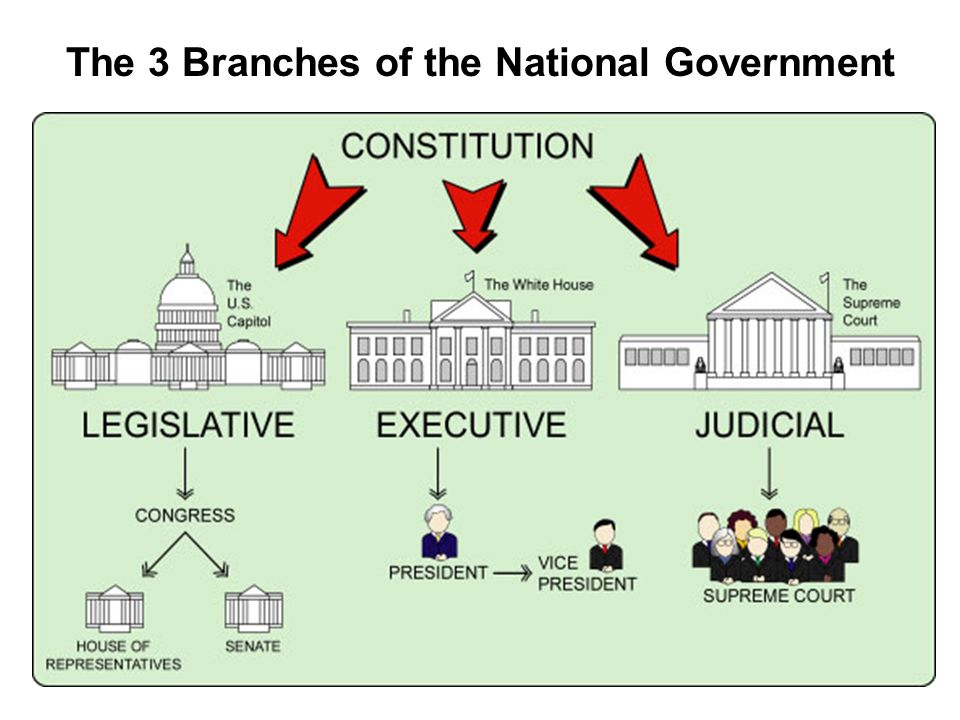
The Broader Debate: Checks, Balances, and the Spirit of the Constitution
At the heart of the storm is a fundamental debate on the separation of powers and constitutional responsibility:
-
Should the Supreme Court step in when Governors or the President delay decisions for years?
-
Is judicial intervention a safeguard or an encroachment on democracy?
-
What are the implications when lawmakers openly defy or threaten the judiciary?
The Supreme Court, citing Article 142 and Article 143, insists its actions are not only constitutional but necessary to preserve the integrity of governance. Critics argue that such moves infringe upon legislative and executive independence.
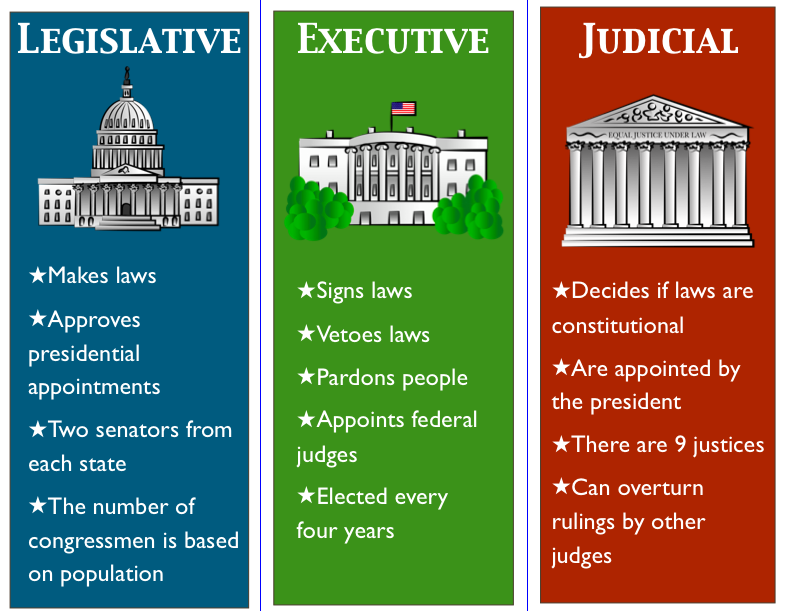
Final Thoughts
India’s democratic framework thrives on the fine balance between its three pillars: Legislature, Executive, and Judiciary. When one oversteps or obstructs another, it is the Constitution—and ultimately the citizens—that bear the brunt.
The Supreme Court’s assertiveness may seem overreaching to some, but to others, it's a necessary check against executive inaction or excess. Either way, the current standoff underscores the importance of institutional respect, dialogue, and above all, adherence to constitutional principles.
With inputs from agencies
Image Source: Multiple agencies
© Copyright 2025. All Rights Reserved Powered by Vygr Media.

